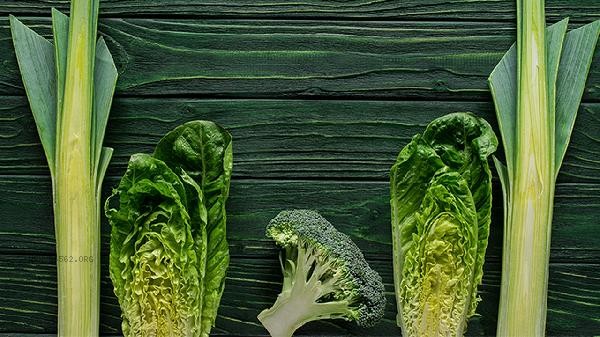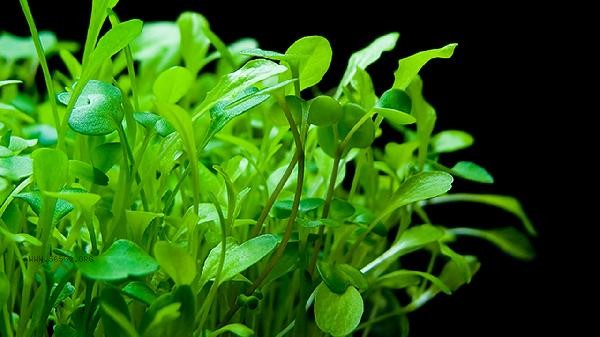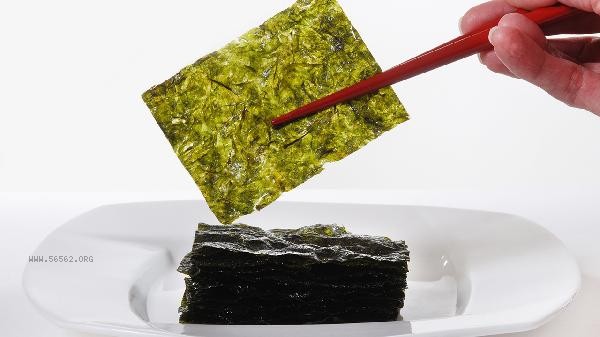Seaweed is a cold food that is suitable for those with a hot constitution or summer consumption. People with spleen and stomach deficiency and cold should control their intake. Seaweed is rich in iodine, dietary fiber, and vitamins, and has the effects of clearing heat, promoting diuresis, softening hardness, and dispersing lumps. The cold nature of seaweed is mainly related to its growth environment and composition. Seaweed grown in seawater absorbs a large amount of cold air, and traditional Chinese medicine believes that it has the function of clearing heat and reducing fire. Seaweed is rich in alginate and mannitol, which can promote intestinal peristalsis and help eliminate accumulated heat in the body. It is suitable for people with strong internal heat or constipation to consume. High temperature cooking or pairing with ginger and garlic isothermal ingredients can neutralize coldness and reduce irritation to the gastrointestinal tract. Seaweed soup, laver egg Congee and other practices not only retain nutrition but also reduce the cold characteristics.

Excessive consumption by individuals with weak and cold constitution may cause diarrhea or abdominal discomfort. These individuals should avoid eating on an empty stomach or reduce their intake of raw and cold seaweed products. Menstrual women, postpartum weak and chronic diarrhea patients need to be cautious. Seaweed can be boiled together with red dates and ginger to balance its properties. The iodine content in seaweed is relatively high, and individuals with thyroid dysfunction should control their consumption under the guidance of a doctor to avoid affecting hormone secretion balance.

For daily consumption of seaweed, it is recommended to choose products that have been baked and processed, as their coldness is slightly reduced compared to fresh seaweed. Pairing beef and chicken with isothermal ingredients can balance dietary properties, and it is recommended to consume 2-3 times a week. People with special physical conditions can use seaweed as a seasoning in small amounts, and stop eating immediately if they experience gastrointestinal discomfort. Seaweed should be stored in a dry environment to avoid aggravating its cold and humid properties. After opening, it should be consumed as soon as possible.










Comments (0)
Leave a Comment
No comments yet
Be the first to share your thoughts!